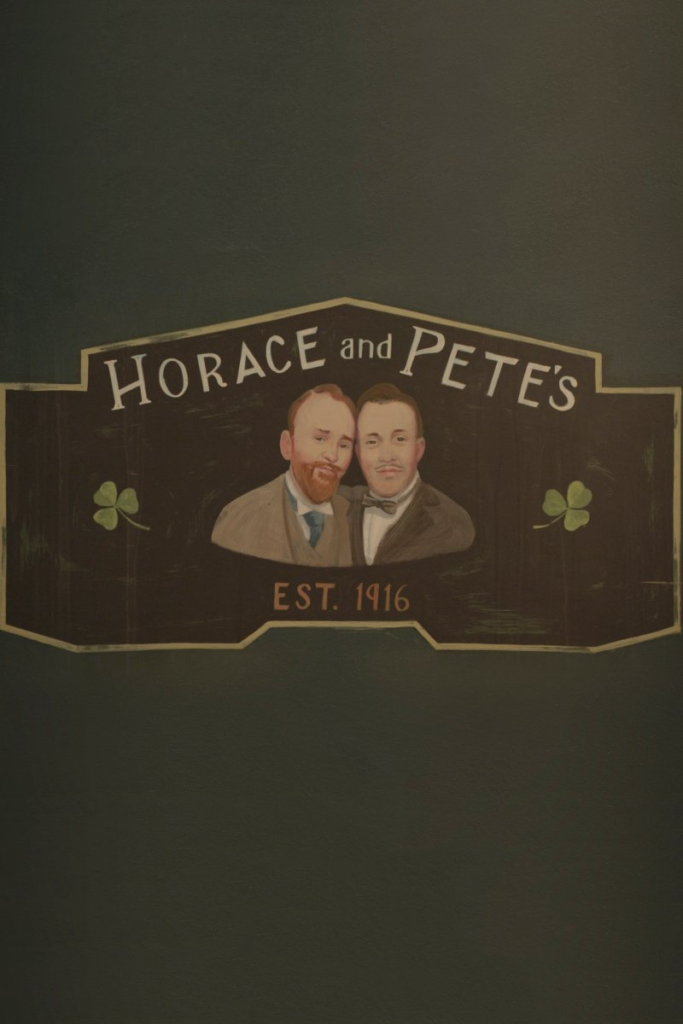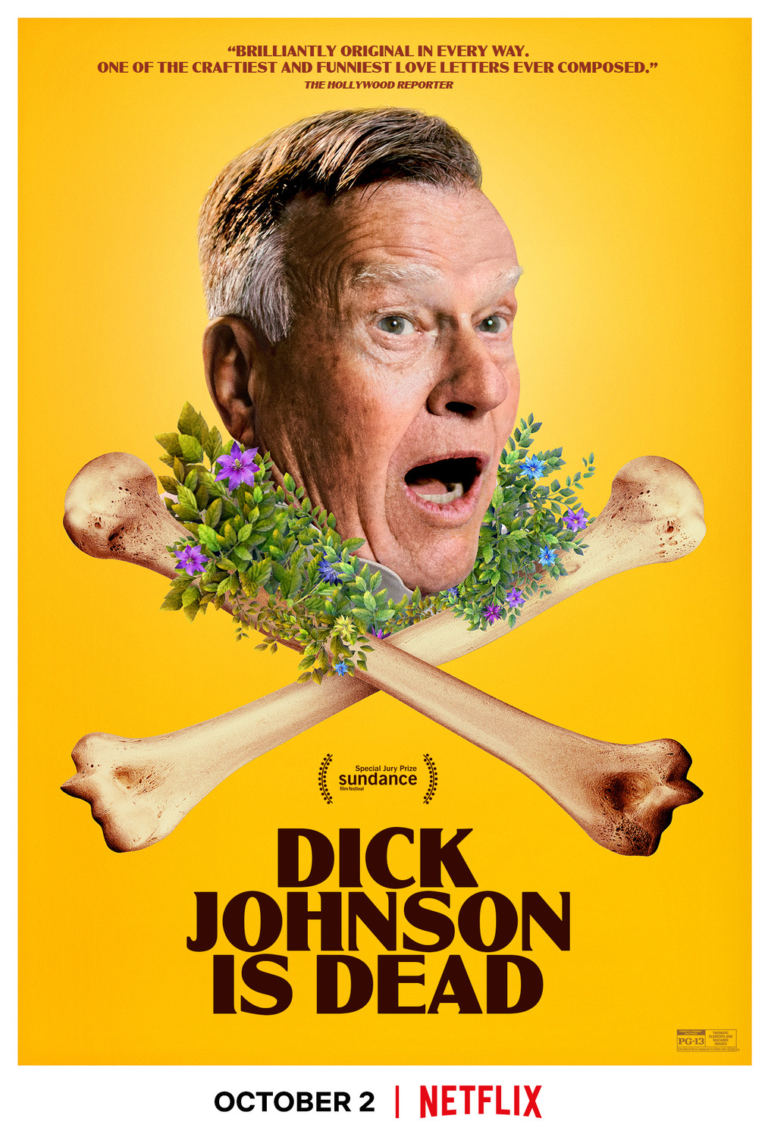Horace and Pete Christian Review

Let me tell you upfront: Horace and Pete isn’t your average viewing experience. If you’re expecting cozy sitcom vibes or a neatly resolved drama, you might want to look elsewhere. This isn’t about warm moments over cups of coffee or a tidy redemption arc tied with a bow. No, this show is messy—raw and unapologetic in its exploration of human dysfunction, pain, and those small, often fleeting moments of connection.
So why would a Christian sit down and wade through something so bleak? Because sometimes, sitting in the dark helps us see the light more clearly. Life isn’t always pretty, and neither is Horace and Pete, but there’s something profoundly real here—something worth exploring, even if it leaves you unsettled.
Theater on a Screen: An Experiment in Storytelling
Let’s start with the format. Louis C.K. calls it a web series, but that label feels like an ill-fitting jacket. It’s more like theater, with long stretches of dialogue, monologues that could’ve been pulled from a stage play, and silences that stretch just long enough to make you squirm. The setting—a dingy, time-worn bar—becomes its own character, claustrophobic and steeped in nostalgia.
The pacing is slow, deliberate. Some might call it agonizing. Others, mesmerizing. Me? I found it a bit of both. There’s an unhurried rhythm to the show, as if it’s daring you to sit still and really listen. But it’s not just the pacing—it’s the way it handles its characters, its themes, its very existence. It doesn’t care if you’re comfortable, and that’s part of its power.
Characters Who Feel Too Real
Uncle Pete (played by Alan Alda) is the kind of character who makes you cringe and lean forward at the same time. He’s foul-mouthed, opinionated, and, frankly, a little repulsive. But there’s something magnetic about him. Every time he speaks, the room shifts. He says things others wouldn’t dare, and while a lot of it is meant to provoke, some of it cuts deeper than you expect.
Then there’s Sylvia (Edie Falco), whose pain feels like a second skin. She’s angry, bitter, and exhausted in a way that’s all too relatable. You can see the weight of her family’s dysfunction in the way she moves, the way she speaks. And yet, she keeps showing up. There’s a quiet strength in that, even if she doesn’t realize it herself.
Horace (Louis C.K.) and Pete (Steve Buscemi), the titular characters, are quieter presences. They’re more reactive, shaped by the chaos around them. Horace, in particular, feels like a mirror—he reflects back the dysfunction of his family and his own deeply flawed humanity. He’s not a hero, not by a long shot, but there’s something deeply human in his passivity.
Brokenness on Display
If there’s one word to describe Horace and Pete, it’s “broken.” The bar itself is broken, a relic of another time that’s more burden than blessing. The characters are broken, carrying the weight of generational sin and their own poor choices. Even the show’s structure feels broken at times, with uneven pacing and jarring tonal shifts.
But maybe that’s the point. Life is broken. People are broken. And while we, as Christians, know there’s hope and redemption through Christ, the world doesn’t always acknowledge that. Watching Horace and Pete can feel like staring into the abyss of a world without grace—a sobering reminder of why we need it so desperately.
The Sins of the Fathers
Generational sin is one of the show’s central themes, and it’s handled with a quiet intensity that’s hard to shake. The bar has been passed down through the family, but it’s not just a business—it’s a symbol of everything unspoken, unresolved, and deeply wrong in their relationships.
As Christians, we understand the ripple effects of sin. It doesn’t just affect the individual; it seeps into families, communities, and generations. Horace and Pete doesn’t offer any solutions to this cycle—it just lays it bare, forcing you to wrestle with its weight.
Humor, Pain, and the Space Between
There’s humor in Horace and Pete, but it’s the kind that makes you wince as much as laugh. It’s dark, biting, and often uncomfortable. For some, that might be a turnoff. For others, it’s a coping mechanism—a way to navigate the heaviness without being crushed by it.
And oh, is it heavy. The show dives into abuse, alcoholism, mental illness, and family estrangement with an unflinching gaze. These aren’t just plot points—they’re the fabric of the characters’ lives. As a Christian viewer, you might find yourself longing for a moment of grace, a glimmer of redemption. But Horace and Pete isn’t interested in easy answers.
What Works, What Doesn’t
The Performances
Let’s talk about the acting, because it’s truly remarkable. Alan Alda’s Uncle Pete is unforgettable, a blend of repulsion and charisma that keeps you hooked. Edie Falco’s Sylvia is a masterclass in restrained emotion—every glance, every sigh, every word carries weight. Steve Buscemi and Louis C.K. round out the cast with performances that feel lived-in and painfully real.
The Flaws
But for all its strengths, Horace and Pete isn’t without its flaws. The dialogue can be stilted, the pacing uneven. Some of the monologues feel self-indulgent, more suited to a stage than a screen. And while the intentional abrasiveness of the characters adds to the show’s authenticity, it can also make it hard to connect with them on a deeper level.
Why Watch?
So, why should a Christian watch Horace and Pete? Because it’s a reflection of humanity in all its messiness. It’s a reminder of what happens when people try to navigate life without grace, without hope, without God.
It’s not an easy watch. It’s not meant to be. But it’s the kind of show that lingers in your mind, making you question, wrestle, and reflect. It’s a sobering look at the human condition, and while it doesn’t offer redemption, it points to the desperate need for it.
Final Thoughts
Horace and Pete is like a jagged piece of glass—sharp, uncomfortable, but strangely beautiful in its honesty. It’s not for everyone, and it’s definitely not for the faint of heart. But for those willing to step into its world, it offers a rare and raw exploration of brokenness, dysfunction, and the small moments of humanity that shine through.
Rating: 7/10
For its ambition, its performances, and its willingness to confront uncomfortable truths, even if it sometimes stumbles along the way. Watch it with discernment, and let it be a reminder of why we, as Christians, cling to the hope and redemption found in Christ.






